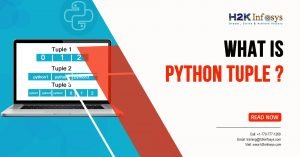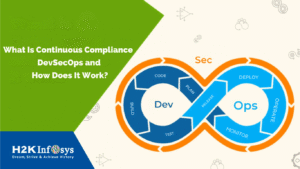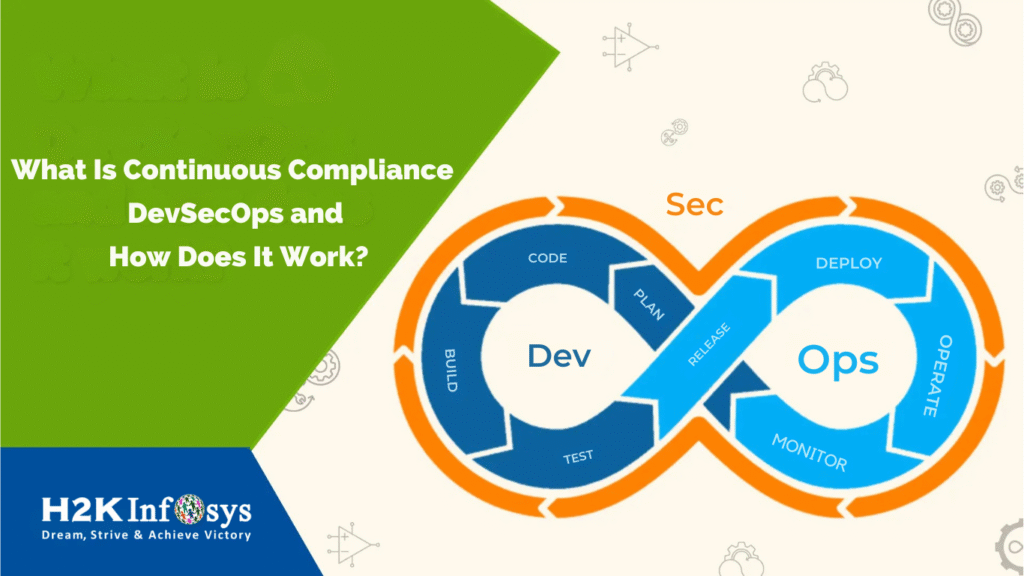Well, there is no one-size-fits-all solution to it! Therefore, we will look at different scenarios and the best approach to each. Python is popular for a lot of reasons. And a few of them include – simple to learn, easy to code, free and open-source, availability of libraries, ideal for data science, and so on. Python is special and it is very easy to fall in love with it. However, if you aspire to learn Python traditionally, enroll for Python online training because as they say, old habits die hard.
What are the various features of Python?
Python is extensively used programming language, especially in Data Science, Machine Learning, and Artificial Intelligence technologies. So, what makes Python such a sought-after computer language?
- Easy to Code – Python is much easier to code as compared to Java and C++. Mastering the various libraries of Python can get you good results. It is thought to be highly programmer-friendly.
- Free and Open Source – This feature is one of the biggest reasons why Python is so popular. All you need to do is go to the Python website and download it. As it is open-source, you can open the source code and contribute to its development. You can make changes and upload it.
- Expressive – Python is said to be expressive. This means that what a single line of code in Python can achieve, does not deliver the same results with a similar amount of coding in another programming language. This is another top feature of Python.
- High-level – This feature tells us why Python is so programmer-friendly. The programmer needn’t worry about managing memory or keep system architecture in mind.
- Interpreted – If you are a Java or C++ programmer you would know that one needs to compile the code before running it. It is not the case in Python. The code is immediately converted into bytecode and the Python interpreter executes it line by line. Hence, debugging also is easier.
- Portable – This feature means write-once-run-anywhere. The programmer can maintain the same outcome without tweaking the code for different operating systems.
- Object-oriented – Python support OOP very well. This means data is secured, however, Python supports procedure-oriented programs as well.
- Large libraries – The existence of large libraries makes the job of the programmer simple.
- Dynamically typed – This means the programmer needn’t specify the data type. The interpreter decides the datatype at run-time. This is another bonus for the programmer.
Figure out what motivates you…
Motivation matters. When the time is ripe, in the sense when the situation demands you will automatically stay up day and night and learn the concepts. Contrarily, if you are learning Python just for the heck of it, it might take ages and yet you won’t budge an inch in terms of progress.
Figure out the real reason to learn Python:
- Is it Data Science?
- Building Mobile Apps?
- Developing games?
- Scripts to automate your work?
- Web Development?
How to go about learning Python?
When people say that Python is simple to code. It is highly context-driven. What might seem easy to a programmer might not be so simple for a non-IT person. Hence, let’s see which is the ideal way to learn Python from a beginner’s perspective and in case of a professional with programming skills.
If you are an IT guy with Java knowledge
You are the person with coding knowledge. Here are two options for you:
- With a little bit of self-study, you can directly enroll for real-time project-based training in Python. This can give you hands-on experience right away.
- Python is one of the easiest programming languages to learn. So, go to the Python website and install Python on your machine.
Next, divide your journey to learn Python into three steps.
- Learn syntax & basics (this is easy) – You can begin with Python Tutorial.
- Learn libraries & frameworks (this will consume a lot of time)
- Data Science – Scikit Learn
- Building Mobile Apps – Kivy Guide
- Developing Games – Code Academy, Pygame Tutorials
- Automation – Get hold of this book – Automate the Boring Stuff with Python
5. Building Websites – Flask Tutorial, Tango with Django
- Start building projects (this teaches you application) – StackOverflow community can help you where you can post your questions and you can take it from there.
If you are non-programmer or an absolute beginner
We would say you are a clean slate. No confusion. No hiccups. Start by enrolling for Python online course from a reputed institute and begin your journey to become a programmer.
In this context, we recommend you to learn Python online, a rigorous 30-hour program from www.h2kinfosys.com.

























